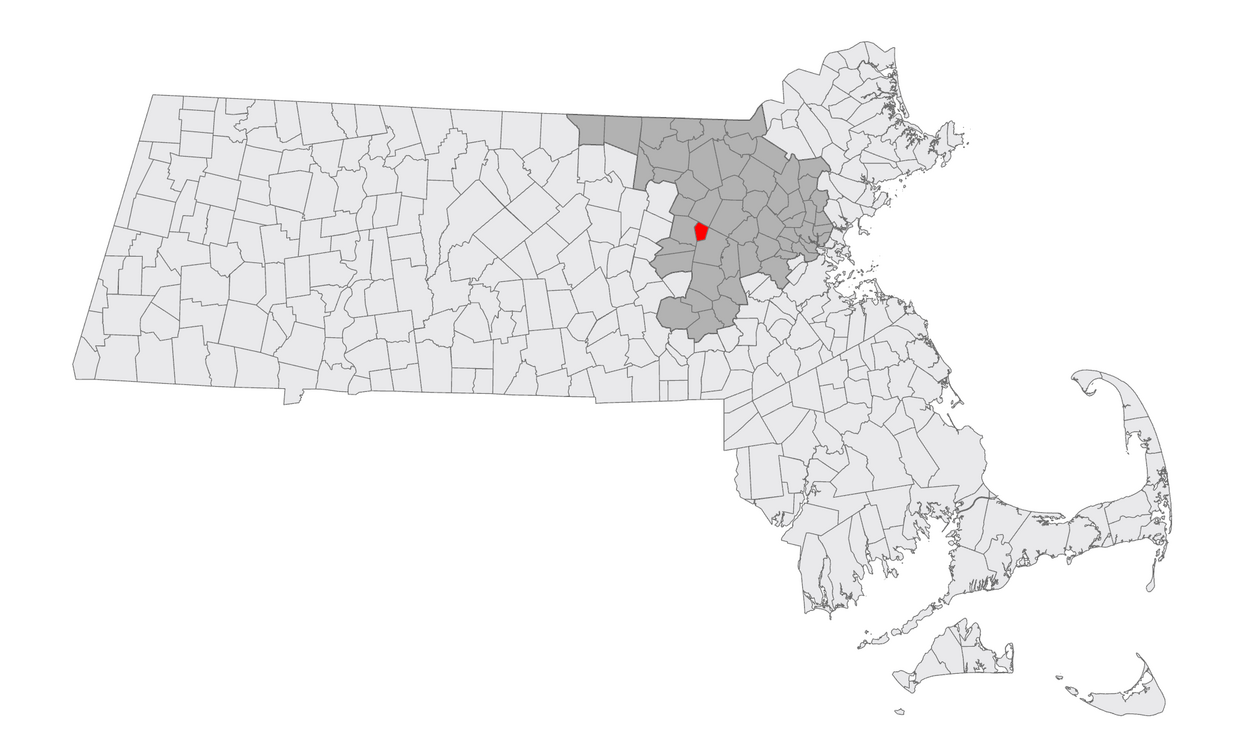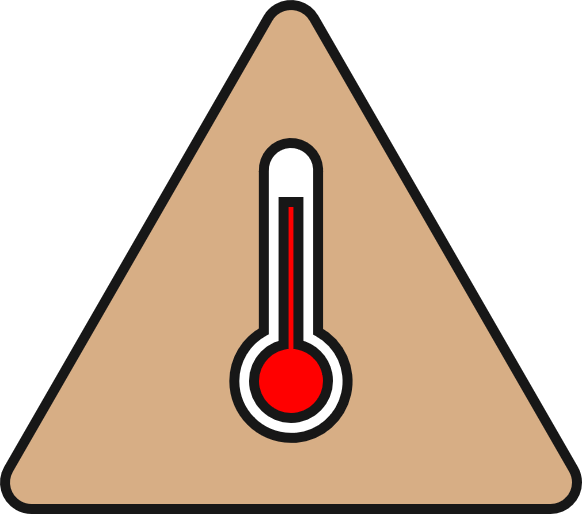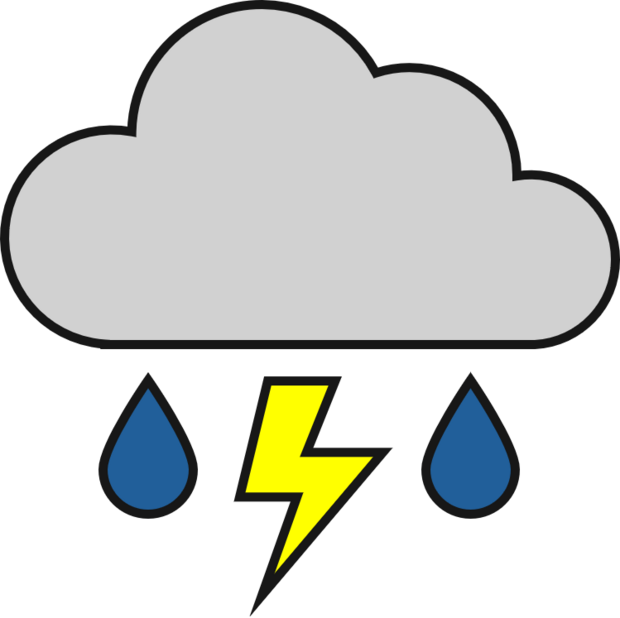Overview
Maynard is a town in Middlesex County, Massachusetts, in the eastern part of the state. They have a population of 10,604 people and an area of 5.2 square miles. Climate hazards present in Maynard include inland flooding, severe winter storms, other severe weather, extreme temperatures, and wildfires.
Maynard Core Team
The MVP 2.0 Core team is a group of municipal staff and Community Liaisons who work together to identify local climate resilience priorities and implement a project that supports those priorities.
Maynard's Community Liaisons include representation from:
- Renters
- Teacher with experience working with multilingual families and students with special education needs
- Multilingual student under the age of 18 connections to the school
- Senior, member of his family has a disability
- Immigrant communities
Maynard's Core Team includes municipal representation from:
- Council on Aging Director
- Select Board
- Assistant Planner & Conservation Agent
Maynard's Community Resilience Priorities
Community resilience priorities are practical actions created during the MVP 2.0 Planning Grant process. They were shaped through community input, thoughtful discussion about changing local needs, and feedback from Environmental Justice groups and other community members.
Maynard, in partnership with their Core Team, identified the following priorities through the MVP 2.0 process.
| Priorities | Potential Actions | ||
|---|---|---|---|
| Priority 1: Housing Security | Potential Actions: Provide outreach to enroll community members who qualify in free and low cost energy savings programs and provide details on how to access MassSave and other regional heating/cooling assistance programs. | ||
| Priority 2: Heat Intensity | Potential Actions: Plant shade trees, lighten impervious surfaces such as rooftops, provide natural and built shade areas in densely populated zones. | ||
| Priority 3: Stormwater Flooding | Potential Actions: Develop a stormwater flood model to identify areas that may need stormwater infrastructure improvements; develop a map of areas to install rain gardens; improve culverts and connections in high priority areas. | ||
| Priority 4: Community Connections | Potential Actions: The project team identified the opportunity to organize neighborhood-level events to help residents connect with their neighbors and increase connections for individuals that need support. | ||
| Priority 5: Health | Potential Actions: Identify a primary project team to help residents get access to indoor air filtration and further assess opportunities to support improved air quality for vulnerable populations (kids, aging residents, people with chronic illness). | ||
| Priority 6: Access to water. | Potential Actions: Establish a subcommittee to explore potential options. Existing wooded trails and non-swimmable water features do exist, consider options to increase access/transportation to those areas. | ||
| Priority 7: Decreasing urban trees. | Potential Actions: Work with tree committee to develop a priority list of climate-resilient, native, biodiverse trees to plant in public spaces; seek grants and additional funding to plant trees and supply vulnerable residents with trees to plant on private property in critical areas. | ||
| Priority 8: Access to transportation | Potential Actions: Assess existing public transportation options, better assess which priority populations are in need of additional transportation and identify potential solutions to serve that population. Requires support/engagement with public health department. | ||
| Priority 9: Gathering spaces | Potential Actions: Work with recreation committee to identify options to assess current facilities, accessibility and cost, and potential options for additional space. Currently there is such a committee working on access for Council on Aging / elderly community members. | ||
| Priority 10: Energy manager | Potential Actions: The town applied for and received a grant for a 3-year position for an energy manager. This person will address town infrastructure and opportunities for energy savings. | ||
Maynard's MVP 2.0 Seed Project: Green Stormwater Infrastructure
Maynard received funding to implement a Seed Project that addresses one or more of their climate resilience priorities. They aim to implement green stormwater infrastructure to address stormwater flooding and aging infrastructure.
The activities of this project include:
- Assess existing stormwater infrastructure and flooding data.
- Utilize data to develop target areas and opportunities to install green stormwater infrastructure.
- Work with planning and zoning department to identify opportunities to increase green stormwater infrastructure in future development projects.
- Work with the department of public works and town staff to install infrastructure and plant trees.
- Engage volunteer groups in project identification, funding, and implementation of projects.










